We speak to local Globe Town resident Lizzy Mace about taking part in Roman Road Trust’s Globe Town Common Vision.
Lizzy moved to the Cranbrook Estate in Globe Town three years ago to be closer to work. She became Chair of Cranbrook Community Food Garden in 2016 and started attending the Globe Town Common Vision workshops when they started in the autumn of 2017.
The Globe Town Common Vision is a community and economic development project to help improve the high street and strengthen the community in the Globe Town area of Roman Road. The project has involved a series of workshops, events and activites to help bring the community together to develop a common vision for the neighbourhood.
RRT: What was it about the GTCV that interested you?
I picked up a leaflet about the GTCV placemaking workshop at Four Corners on the high street. I was in there to discuss possible collaborations with the Cranbrook Community Food Garden. We’ve struggled to raise awareness of the community garden to the local community. Despite being here for nearly 10 years, many local residents don’t know about us unless they take a detour through the estate.
I think a lot of this is due to the poor communications and lack of community networks in the area. There is no means to advertise events or reach out to the community. The community in Globe Town is so diverse that it’s even more of a challenge to connect with other cultural groups. We need to engage with minority and vulnerable groups to strengthen our community.
When I heard about the GTCV monthly workshops, I thought this was an amazing opportunity to meet local people, help raise awareness of the food garden and connect with other community initiatives.
I was also interested in having a say about the high street improvement plans being proposed by the Council. Often the local community is the last to hear about the Council’s plans and important decisions about the neighbourhood are made with insufficient input from local residents and businesses. The GTCV was an opportunity to discuss the plans and put forward our own ideas for our community.
RRT: What have you liked most about the GTCV project?
The GTCV has introduced me to lots of new people very quickly. Before, when I was trying to gather support for the food garden, I would have to approach people on a one-to-one basis via email/phone, or call the Tower Hamlets Homes’ Engagement Officer who could only offer limited support. Thanks to the GTCV workshops I’ve had the opportunity to meet a huge number of likeminded people in a short space of time, and to meet them in person, which has helped build good relationships quicker.
It’s been amazing to feel that we’re not alone anymore. It was great to be in a room of people who love the area and want to work together to change it for the better. I’ve particularly enjoyed the positivity and creativity that people have brought to the meetings. It’s very inspiring!
I really hope the connections, positivity and energy that has been unearthed by these workshops will be harnessed and taken forward into new community projects.
RRT: What new experiences has the project provided for you?
It’s the first time I’ve been involved in a consultation for renovating a public space. Often decisions about large-scale investments by councils are made without input from the communities that will be most impacted. It was really empowering to be involved in the process at this stage, as well as eye-opening to learn about the timescales and complex requirements that need to be considered for such a big infrastructure project.
RRT: Do you feel you have a stronger relationship to the high street and its business owners?
Definitely. There are more business owners who I now know by name as well as by face. It was great to learn something about them personally and to see that they feel as invested in the area as other residents do. These workshops have helped break down barriers between residents and the business owners of shops, some of which I didn’t even realise existed on the high street!
I had not realised the value of getting to know local business owners more personally, or the barriers that were formed by not knowing them. Roman Road Trust helped reveal this barrier and then break it down. Taking part in these workshops, that involved both businesses and residents, showed me how local businesses share similar concerns for the community.
Now I feel like I have a completely different relationship with some of those business. Before it was more of a transactional relationship whereas now I feel I can go to them with an issue and we come up with solutions together. I understand them more as individuals rather than solely someone who is providing a service. In fact I’m going to speak to Kerry from Bamboo Bee and Daria from The Larder about collaborating with me on the plastic free project.
RRT: How do you think the project has prepared the community for the future?
The connections that have been made will continue to grow and develop, and this will naturally lead to an increase in locally-led projects.
The new “Do Good Thursdays” RRT has started will hopefully help continue to make those connections between projects and people wanting to volunteer, or just between people with a shared interest where new ideas can form.
As simple as it sounds, one of the most helpful aspects is having a regular time and space set aside for these discussions to take place.
RRT: Will you continue taking part in the Globe Town Common Vision project?
For sure. There is more work to be done. We need to continue exploring the needs of the local community, forming a clearer common vision and to learn how to communicate these to decision-makers in the council.
I want to help set up a steering committee to keep the momentum going that has been started with this project. A steering committee will help members support each other as well as projects in the wider community. Establishing local governance will help local people feel that they are truly participating in the big decisions seem to be made in some distant closed-off impenetrable system even though they impact our everyday lives. I hope it will help people feel more connected and more empowered, and prouder of the area in which they live and owrk.
I also want to make sure that environmental concerns are always at the forefront!
RRT: What else would you like to happen in Globe Town?
During the place making workshops there were some awesome suggestions for community projects.
As a Transition Town member, I’m very keen on environmental issues. One of local groups I met through the Common Vision workshops was Friends of Meath Gardens, which is run by Tunde Morakinyo. He is campaigning for trees to be planted on the high street. I love this idea.
One of my own passions is to launch a plastic-free city campaign that will help reduce single-use plastic packaging and plastic bags on the high street. I’m hoping to work with Roman Road Trust on a joint-funding application to help this become real. Watch this space!
I would also like to a platform that helps promote what is going on in our community such as a solar-powered electronic noticeboard on the market square.
RRT: Could you tell us more about the plastic free city idea you have and the support you need?
I’ve personally been reducing my use of single-use items (including plastic bags, coffee cups, plastic food packaging, paper tissues) over the last two years and sharing tips online. I had so many questions in response to that, I realised there are huge numbers of people who want to kick their plastic habit but they simply aren’t provided with clear information on how to do it and don’t have the time to research the solutions themselves.
This issue is magnified for local businesses, who are beginning to face changes in legislation from the government such as plastic bag fees and plastic bottle deposit schemes, but who might not have the time to find cost-effective alternatives.
The idea of a plastic-free Roman Road campaign would involve working with residents, businesses and local schools to identify the challenges of going plastic-free for our specific area, identify solutions that will work best for us and helping make the transition.
I’ve got a bank of knowledge I’ve built up for how to make personal changes, and I’ve met other residents with knowledge of specific packaging materials. The campaign would enable us to share our combined knowledge and to raise awareness of the simple things we can all do to change how we live to have a lighter impact on our precious planet.
Our initial idea was a small-scale project but Roman Road Trust has helped shape this into a bigger more long-term vision that would engage many more people in different and creative ways.
The most important aspect would be obtaining funding – if funding can be secured for the big version of the project, I’d be happy to step back and watch it take off. Otherwise, if we’re dependent on smaller pots of funding for a more piecemeal approach then the best support we could ask for would be promoting the project to residents, and helping us engage with RRT’s network of local businesses, residents and community groups.

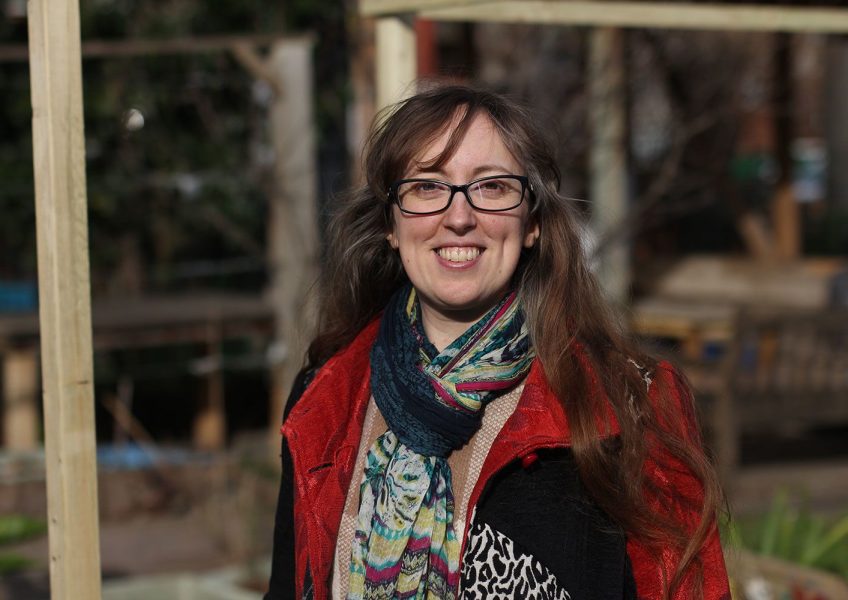
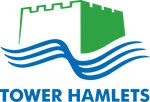

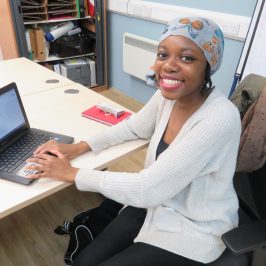
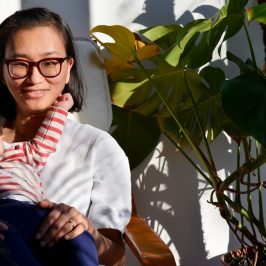
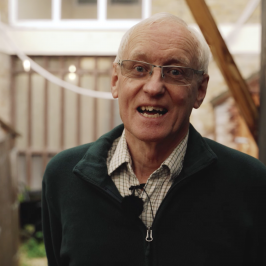
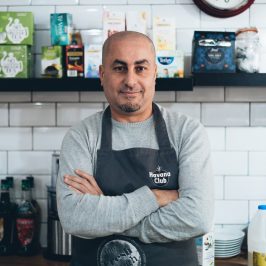
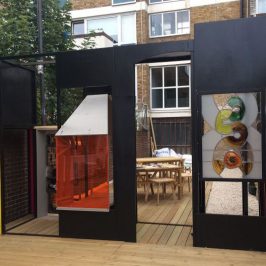
Leave a Reply